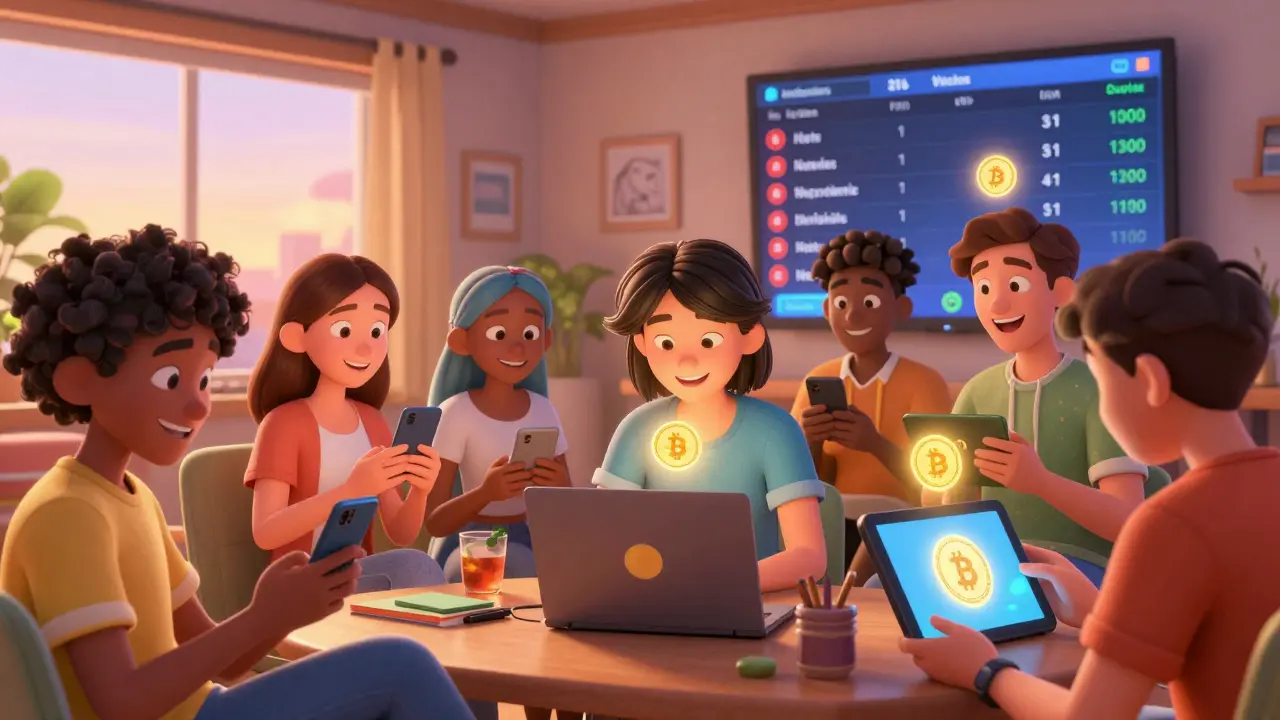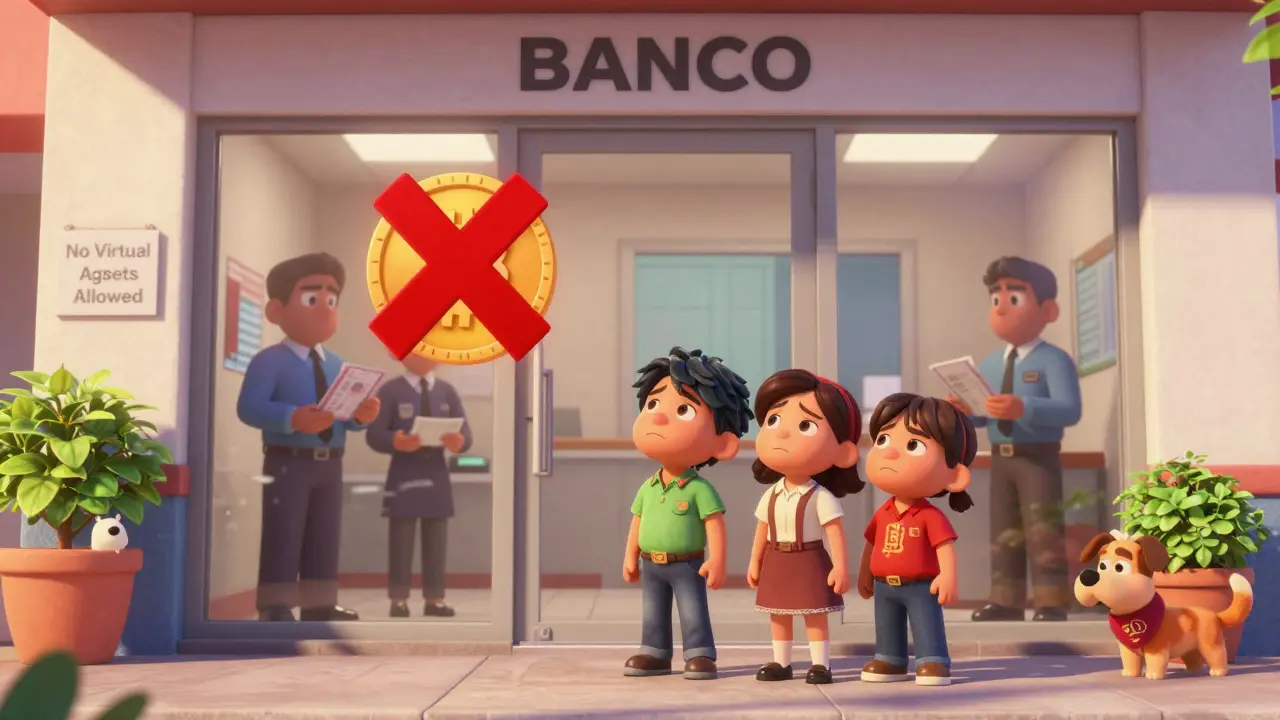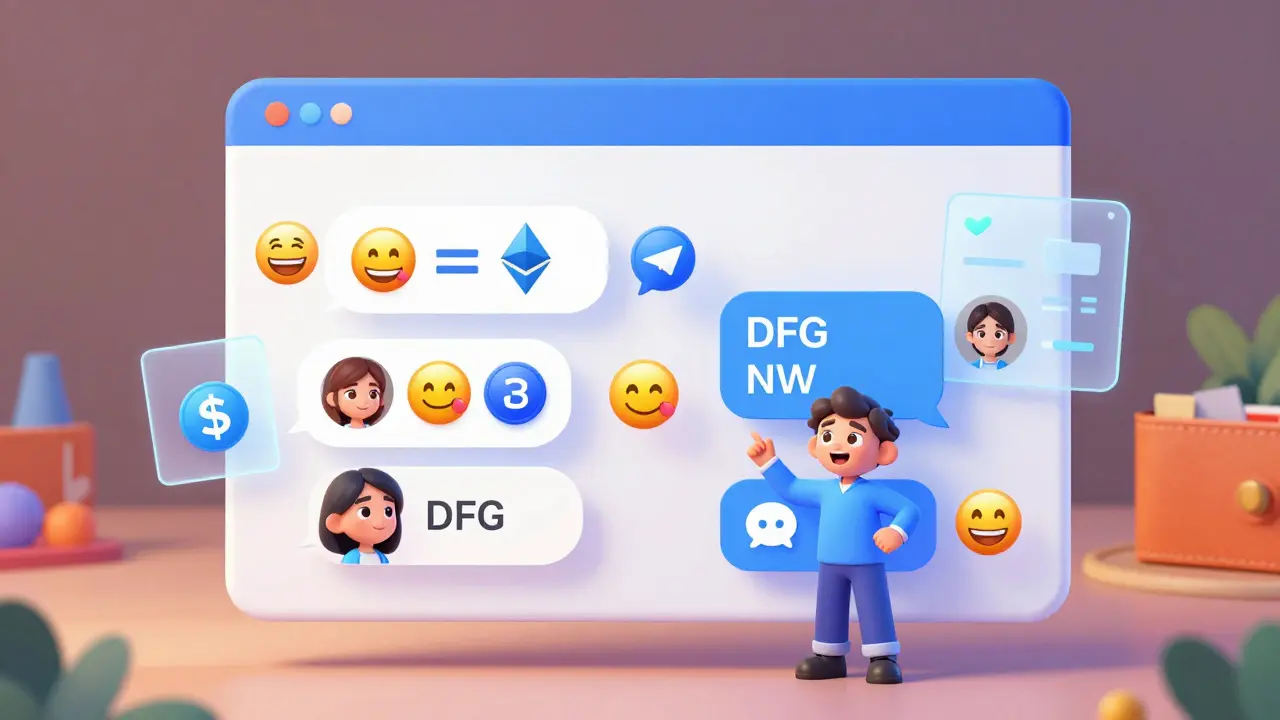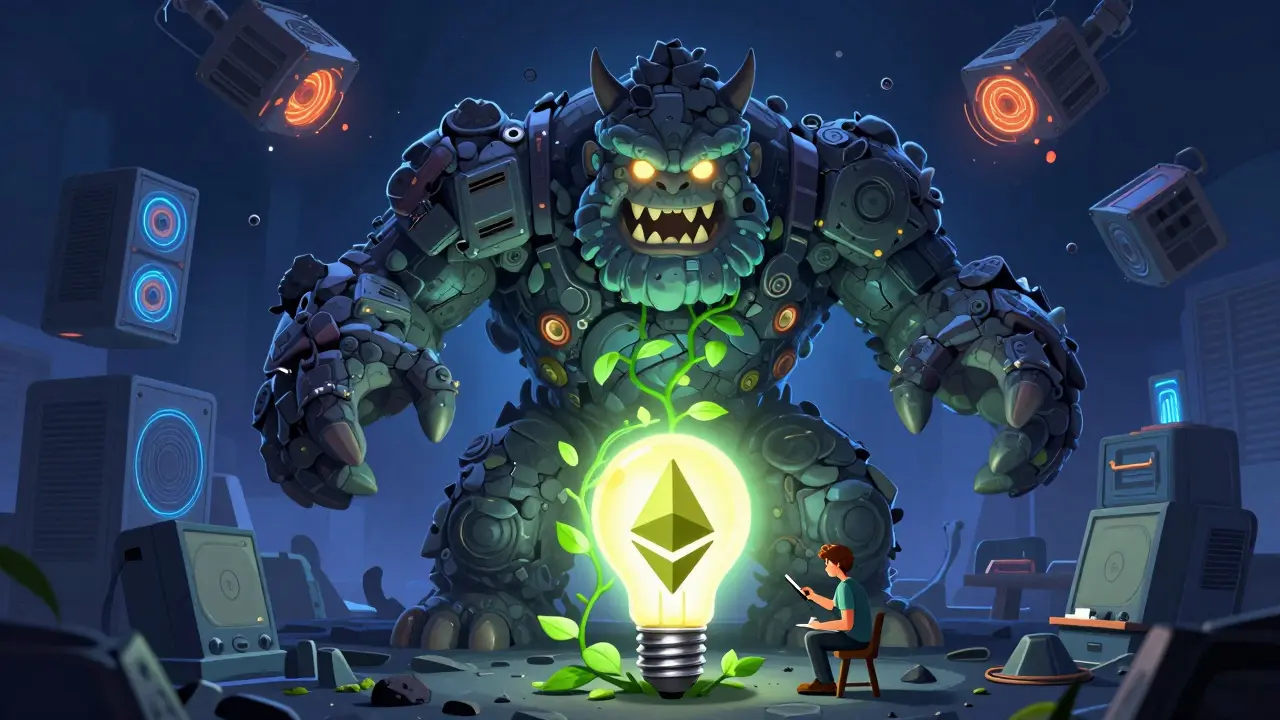Join the Bullieverse x CoinMarketCap Fresh Blood Tournament to earn $BULL tokens for free - no NFTs required. Play Necrodemic, climb leaderboards, and win real crypto rewards.
Cryptocurrency
When navigating Cryptocurrency, a digital asset that uses cryptography to secure transactions and control the creation of new units. Also known as digital currency, it runs on decentralized networks called blockchains, which record every transfer in a public ledger., you quickly see three core ideas at play: token economics, security protocols, and regulatory frameworks. cryptocurrency encompasses tokenomics – the rules that define supply, distribution, and utility – and it demands vigilant security because hacks, especially on centralized exchanges, can wipe out holdings in minutes. Regulation influences market behavior, shaping everything from exchange fees to tax reporting obligations.
One of the biggest practical concerns today is the risk tied to Centralized Exchange, a platform that holds user funds in its own wallets and matches trades internally. These exchanges offer convenience but also introduce custodial risk: if the platform is breached or mismanaged, users lose control of their assets. Security lapses, hack histories, and operational failures are recurring themes across the crypto world, and understanding them helps you decide whether to keep funds in self‑custody or rely on an exchange’s insurance policies.
Beyond Trading: NFTs, Airdrops, and Tax Rules
Another fast‑growing segment is NFT, a unique token that represents ownership of a specific digital item on the blockchain. NFTs are reshaping the creator economy, enabling artists and influencers to monetize directly through token‑gated communities and royalty streams. Coupled with that, Airdrop, a distribution method where free tokens are sent to eligible wallets to boost network adoption has become a common way to reward early supporters and spark buzz around new projects. Both NFTs and airdrops require clear eligibility criteria and safe claim procedures, which our guides walk you through step by step.
Taxation adds a layer of complexity that can’t be ignored. In jurisdictions like India and the UAE, Crypto Taxation, the legal framework that defines how digital asset gains are reported and taxed varies widely, from 30 % capital gains rates to completely tax‑free environments. Knowing your local rules, filing deadlines, and the tools that simplify reporting is essential for staying compliant and avoiding costly penalties.
All of these pieces – exchange security, NFT innovation, airdrop mechanics, and tax compliance – intersect to shape the daily decisions of crypto participants. Below you’ll find a curated collection of articles that dive deeper into each area, from how to spot a risky centralized exchange token to step‑by‑step guides for launching your own social token. Whether you’re a trader, creator, or regulator‑watcher, the content that follows is designed to give you actionable insight and help you move forward with confidence.

Bullieverse x CoinMarketCap Fresh Blood Tournament: How to Join the $BULL Airdrop Without Buying NFTs

ASK Airdrop by Permission.io: How to Claim Your Permission Coin Tokens and Earn More
Learn how to claim ASK tokens from Permission.io's airdrop, earn rewards through daily tasks and referrals, and understand the real utility behind Permission Coin in the permission-based advertising ecosystem.

What is Degen (DEGEN) crypto coin on Base blockchain?
Degen (DEGEN) is a meme token on Coinbase's Base blockchain, used primarily for tipping on Farcaster. Once worth over $0.05, it's now trading near $0.003 after massive price drops. It's not an investment-it's a community experiment.

Mexican Banking Sector and Cryptocurrency Restrictions Explained
Mexico restricts banks from offering crypto services but allows trading through licensed fintechs. Learn how Banxico's rules, tax policies, and the upcoming digital peso shape crypto use in the country.

Staying Informed About Changing Crypto Regulations Worldwide
Crypto regulations are changing fast in 2025-with major shifts in the U.S., EU, and Asia. Learn how memecoins, stablecoins, and unhosted wallets are now legally defined-and what you need to do to stay compliant.

What is Defigram (DFG) crypto coin?
Defigram (DFG) is a crypto token tied to a Telegram-based messaging app that integrates DeFi tools like wallets and staking. But with only one exchange listing, extreme price swings, and no team transparency, it's a high-risk bet with little real utility.

What is DUCK (DUCK) crypto coin? A clear breakdown of DuckChain’s token, use case, and market status
DUCK is the native token of DuckChain, a blockchain integrated into Telegram that lets users interact with crypto via Telegram Stars. Launched in January 2025, it's EVM-compatible and backed by institutional funding, but its price has dropped 95% since launch. Real adoption, not speculation, will determine its future.

Capital Efficiency in AMM Protocols: How DeFi Exchanges Maximize Liquidity with Less Capital
Capital efficiency in AMM protocols lets liquidity providers earn more fees with less capital by concentrating funds where trades actually happen. Uniswap v3, Curve, and DODO have revolutionized DeFi - but complexity still holds back most users.

Environmental Concerns of NFT Art: What’s Changed Since the Merge
NFT art's environmental impact was once a major concern, but Ethereum's 2022 Merge cut energy use by 99.95%. Today, eco-friendly blockchains like Tezos and Polygon make NFTs far more sustainable - if you know where to look.

Nepal Crypto Ban Under Foreign Exchange Act 1962: What You Need to Know in 2026
Nepal bans all cryptocurrency under the Foreign Exchange Act 1962, with penalties including jail time and heavy fines. Despite the ban, underground mining and trading continue. Experts warn the policy isolates Nepal from global finance - but change may be coming.

DogeMoon (DGMOON) Airdrop: What It Is, How It Works, and Why It's Not Worth Your Time
DogeMoon (DGMOON) is a dead charity token with no airdrop program. Claims of free DGMOON are scams promoting a different coin. Learn why this token is worthless and how to avoid fake airdrop traps.

Linkswap Crypto Exchange Review: Why It Failed and What Happened to It
Linkswap was a short-lived DeFi exchange that shut down by 2023. Learn why it failed, what happened to its users, and which DEXs actually work in 2026.